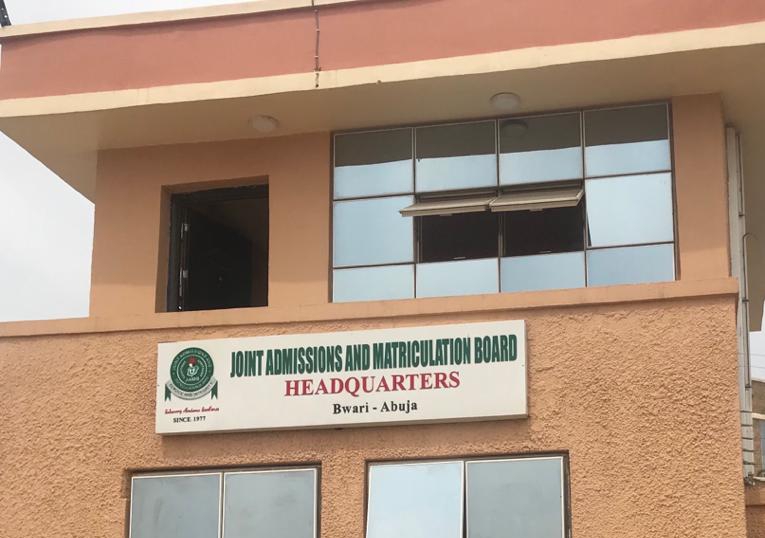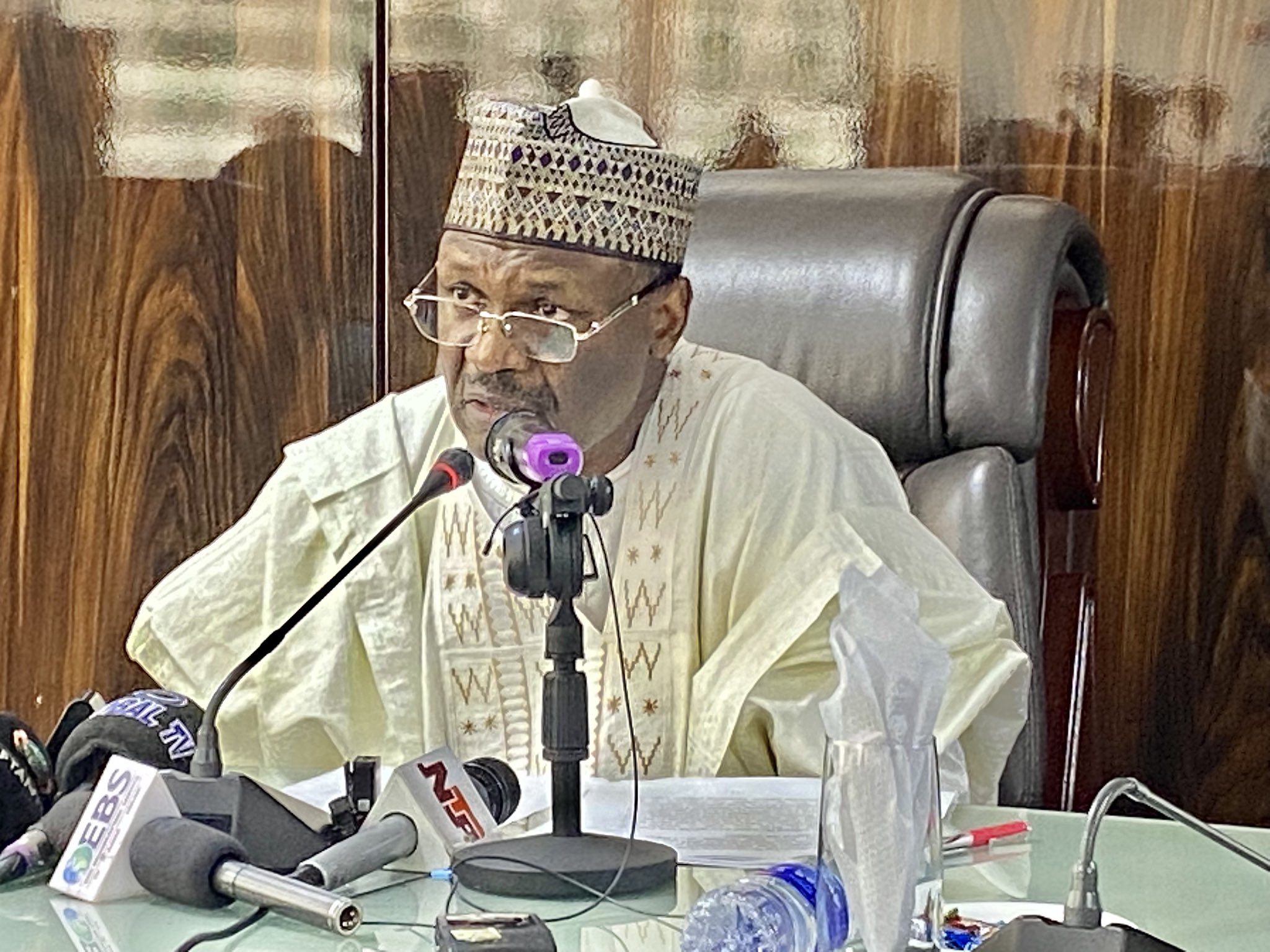Malala Fund commits to girls' education in Nigeria
Malala Fund has launched a bold five-year global strategy, committing $50 million to advance girls’ education, with a significant investment in Nigeria. With over five million girls out of school, Malala Fund’s strategy focuses on grantmaking, advocacy, and local partnerships to address barriers to girls’ education, such as child marriage and poverty.
Education activist and co-founder of Malala Fund, Ziauddin Yousafzai visited Nigeria to engage traditional and faith leaders, civil society advocates, and local partners. It prioritises six states, Adamawa, Bauchi, Borno, Kaduna, Kano, and Oyo, while working at the federal level to push for systemic reforms. The approach aims to empower women-led organisations and advocate for policies that support girls’ education.
The visit highlighted the urgent need to mobilise communities, especially men and boys, to advocate for gender equality and the right of girls to education.
Malala Fund’s Chief Executive, Nigeria, Nabila Aguele said, “We are seeing adolescent girls in Nigeria stand up and demand their right to education despite the odds stacked against them. This strategy is our commitment to stand with them. Advancing girls’ education requires urgent policy action paired with tailored community engagement — it’s time to shift the system in their favour.”
Ziauddin’s visit began with a roundtable in Abuja, bringing together faith leaders, traditional rulers, and education experts. Discussions emphasised the role of men and boys in challenging harmful norms and advancing girls’ rights.
Participants, including notable leaders like Reverend John Joseph Hayab and Hajiya Amina Buba Haruna, underscored the importance of collective efforts to end child marriage and support education. Halima Yusuf, a Malala Fund Girl Fellow, passionately advocated for raising boys as allies who respect and uplift women.
The trip also included a visit to Sokoto, where Ziauddin met with His Eminence, Alhaji Muhammadu Sa’ad Abubakar III CFR the Sultan of Sokoto, a key religious leader. “We believe we are doing right for our communities not only in Nigeria but all over the world. We extend our hand in emancipating the girl child and getting her to the highest level of education she can achieve.”
The Sultan expressed commitment to supporting girls’ education through his foundation. In Sokoto, Ziauddin visited a school for children displaced by conflict, witnessing the transformative impact of education. He commended the presence of women teachers in critical subjects, emphasizing their role in inspiring future generations.
On his final day, Ziauddin met Ummie Bukar, founder of PAGED Initiative, which empowers young women in northern Nigeria to champion education through storytelling and advocacy. This meeting reinforced the importance of local leadership in achieving long-term educational reforms.












